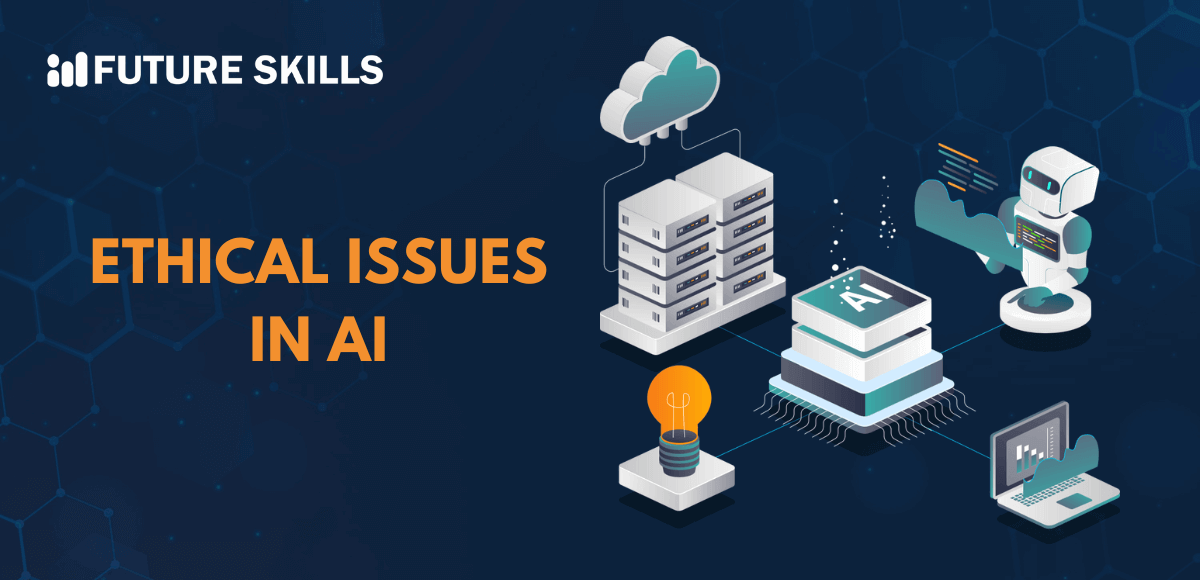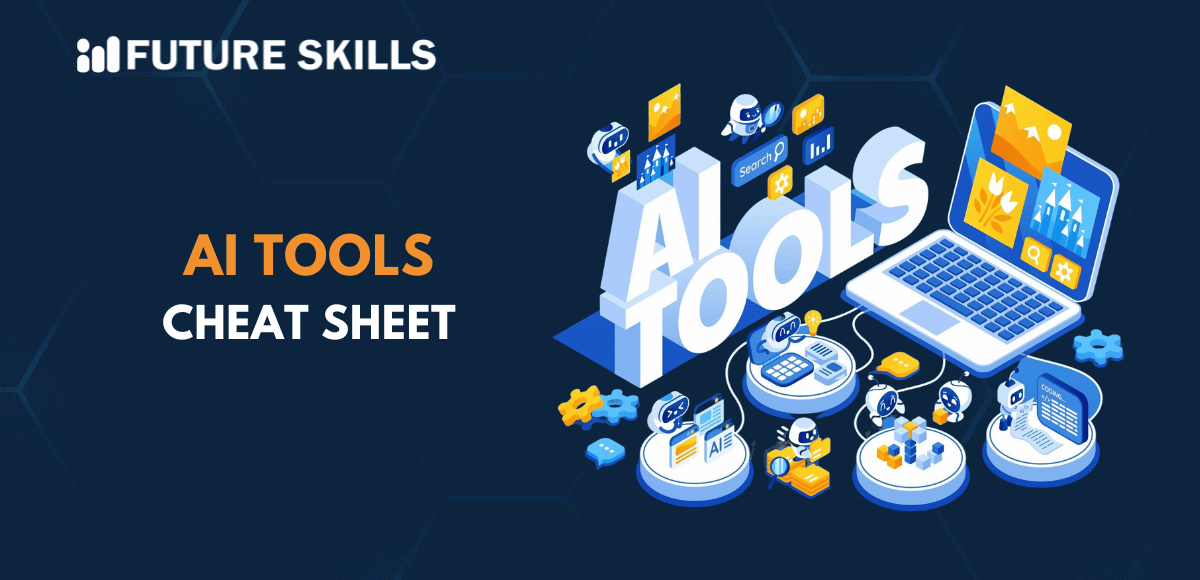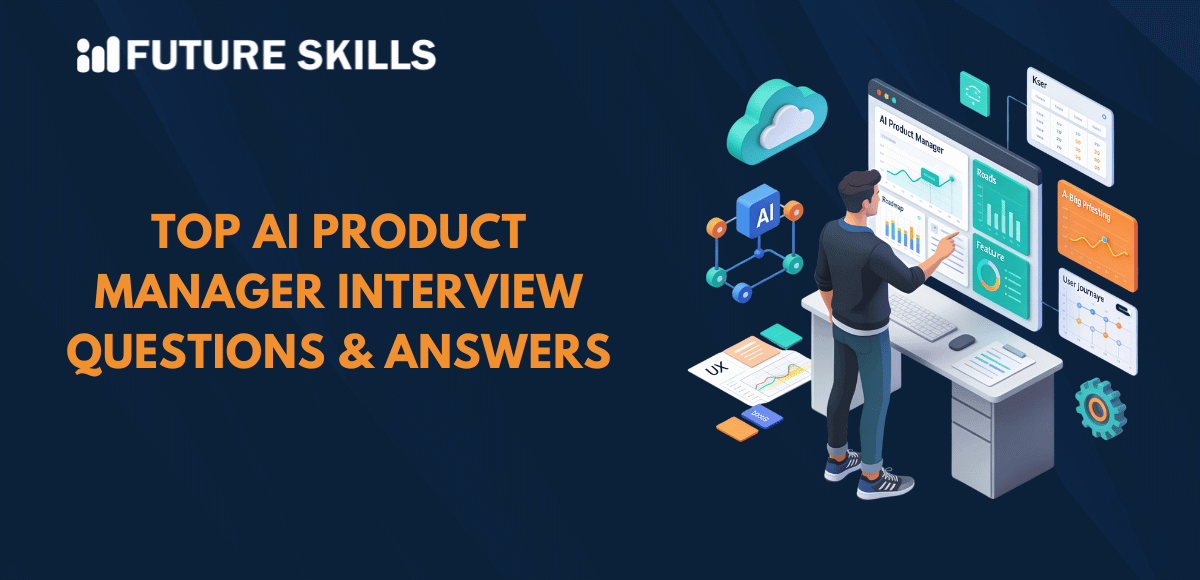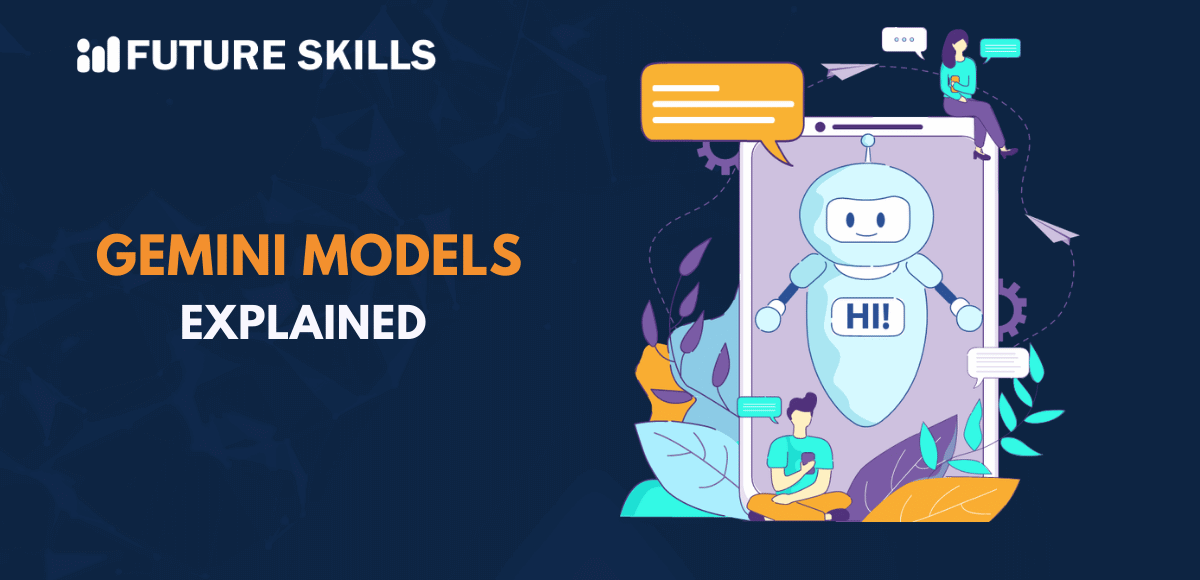Artificial intelligence has emerged as a powerful tool that can change the ways in which businesses work. On top of that, AI has also influenced people’s everyday lives in many ways. Mobile apps, online product recommendations, chatbots, and smart assistants are some of the examples through which AI has become a part of our lives.
Why have the top ethical issues in artificial intelligence become the focal points of attention in the modern AI landscape? Why should you worry about ethical issues of artificial intelligence? Ethics are an important requirement to ensure the responsible use of artificial intelligence. Let us learn more about ethical issues in AI and the concerns that emerge from them.
Embark on a transformative journey into AI, unlocking career-boosting superpowers through our Certified AI Professional (CAIP)™ Certification program.
Why Should You Worry about Ethical Issues in AI?
You must think about ethical issues in artificial intelligence as they can have a formidable negative impact on adoption of AI systems. Apart from the societal and academic concerns, you must also understand that the best ethical issues in AI create reputational risks for businesses. You wouldn’t find any company that wants to take the risk of scandals due to its inability to follow AI ethics. For example, Amazon was under scrutiny for selling Rekognition as a valuable tool for law enforcement. With an in-depth understanding of ethical issues in AI, businesses can avoid unwanted legal troubles and risks of damage to their reputation.
Excited to understand the crucial requirements for developing responsible AI and the implications of privacy and security in AI, Enroll now in the Ethics of Artificial Intelligence (AI) Course.
What are the Legal and Ethical Considerations for Artificial Intelligence?
Artificial intelligence generally ends up in the limelight for controversial reasons. As a matter of fact, most of the discussions around artificial intelligence worldwide emphasize the ethical use of AI technology. The review of ethical issues in AI list has become an essential requirement for businesses as well as the users who try AI. Businesses must evaluate the complex aspects of leveraging AI tools to ensure that they don’t cross the boundaries of ethics. Without clear guidelines for using AI tools, you might come across different legal concerns.
The important legal considerations with the use of AI present a formidable trouble due to its decentralized nature. You cannot find a universal framework that addresses all the legal concerns related to AI systems. The important legal considerations to deal with the most popular AI ethical issues focus on different crucial aspects to achieve the best results from AI systems. Here is an outline of some of the most prominent legal concerns you must take into account for the use of artificial intelligence.
- Possibility for violation of employment regulations.
- Violations of intellectual property rights.
- Data privacy issues that do not fall in line with GDPR and other information protection guidelines.
- Discrepancies related to contract law in the use of generative AI and inaccurate use of outputs by generative AI models.
- AI users must also think about the legal issues emerging due to consumer confidentiality and possible risks to personally identifiable information.
Build ChatGPT skills and take the first step to becoming superhuman with our free ChatGPT and AI Fundamental Course
Can Ethical Issues in AI Create Trouble?
The growing curiosity about ethical issues in AI is the result of the continuously increasing adoption of artificial intelligence. People want to find answers to queries like “What are the ethical issues of artificial intelligence?” because ethical issues in AI create multiple concerns. Businesses and other users must focus on the following concerns that emerge from ethical issues related to the use of AI. The following examples showcase how ethical issues in AI can create problems.
-
Inconclusive Evidence
Certain algorithms can derive conclusions from data with the help of inferential statistics or machine learning techniques that lead to the generation of uncertain knowledge. Statistical learning theory, alongside computational learning theory, helps explain and quantify the uncertainty of knowledge.
For example, statistical methods can help identify major correlations. However, correlations are generally not adequate for demonstrating causality, thereby creating limitations that encourage action. With the help of actionable insights, you can capture the uncertainty found in statistical correlations alongside normativity of decision to work on them.
-
Misguided Evidence
Another important aspect of discussions on ethical issues in AI list points to the concern of misguided evidence. Algorithms work on data processing and have a formidable limitation in the form of the range of the output that can never surpass the input. The general ‘garbage in, garbage out’ principle serves as the best example of such a phenomenon. You must note that conclusions by AI systems can be reliable only if the data they use is credible.
-
Lack of Scrutiny for Evidence
In scenarios where you use data as evidence for drawing a conclusion, you must expect that the relationship between the conclusion and the data is understandable. The relationship must also be available for scrutiny. Without access to datasets and difficulties in mapping the ways in which multiple data and features extract specific outputs, you will experience limitations. For example, you can come across practical and principle-based limitations.
-
Traceability Concerns
The responses to queries like “What are the ethical issues of artificial intelligence?” also draw attention to traceability concerns. AI systems generally work with multiple agents, such as users, developers, deploying organizations, and manufacturers. Furthermore, AI systems could also ensure direct interactions that can lead to the development of multi-agent networks featuring rapid behaviors.
Such AI systems can ignore the comprehension and oversight of human users due to complexity, speed, and scale. Algorithms are software solutions that help in data processing and could inherit ethical challenges related to the design and accessibility of new technologies. The impact of different factors creates difficulties in detecting detrimental outcomes, their causes, and allocation of blame in the event of unexpected behavior by AI systems.
-
Unfair Outcomes
Different types of ethical principles, perspectives, and criteria can help in scrutiny of algorithm-powered actions. The normal level of acceptance of any action by AI systems and their effects depends on the observer. It is possible to evaluate the action independently of the epistemological quality. Actions can be classified as discriminatory, particularly if they affect a protected group of people, even if the actions are implemented on the grounds of well-grounded and conclusive evidence.
Enroll now in the AI for Business Course to understand the role and benefits of AI in business and the integration of AI in business.
Uncovering the Extent of Threats to Ethics in AI
Artificial intelligence systems can optimize logistics, conduct research, offer translations, detect fraud, and compose art, among other activities. It is important to learn about the top ethical issues in artificial intelligence to ensure that intelligent AI systems can transform businesses and the lives of people with better outcomes.
Tech giants such as IBM, Amazon, Microsoft, Facebook, and Alphabet have initiated conversations about the importance of ethics in the domain of artificial intelligence. A comprehensive understanding of the different ethical issues in artificial intelligence can help in determining the best practices to ensure responsible use of AI.
-
Effect of Machines on User Behavior and Interactions
Artificial intelligence chatbots have become more effective in replicating human relationships and interactions. For example, a bot won the Turing Challenge in 2015 for the first time. It denotes a milestone for the beginning of an era in which users can interact frequently with machines just like they would with other humans. AI bots can lead to the best ethical issues in AI with their capability to leverage an unlimited collection of resources for simulating user interactions.
However, machines have developed the capability to trigger the reward centers in human brain. As AI systems create conversations similar to those with humans, they can lead to addiction and a distorted perception of reality. AI systems can present opportunities for guiding society toward positive behavior, and if they are in the wrong hands, they can lead society in the wrong direction.
-
Racism and Societal Bias in AI
Artificial intelligence can ensure faster and more large-scale processing that surpasses human capability by huge margins. However, you cannot trust AI systems to be fair and neutral in all cases. The most popular AI ethical issues related to racism and societal bias point to the limitations of image recognition services.
For example, cameras can miss the marks on racial insensitivity, and certain software used to predict people who are likely to commit crimes can showcase bias towards African American people. It is important to note that AI systems can have human biases. However, people with a positive mindset can use AI systems as catalysts to drive positive change in society.
-
Control over Complex Intelligent Systems
The domination of humans over the world is clearly visible in the way in which AI dominates the food chain. Humans can leverage their intelligence and ingenuity to create tools to tame powerful animals. For example, physical tools such as weapons and cages, alongside cognitive tools such as conditioning and training, have helped humans gain dominance over the planet.
The review of ethical issues in AI list draws references towards the possibility of AI turning into an uncontrollable beast. Will AI eventually gain domination over humans? The term that you must focus on right now is ‘singularity’ or a point in time when AI can become super-intelligent and avert all attempts to stop AI.
-
Stupidity by Artificial Intelligence Systems
Artificial intelligence becomes powerful by learning from training data, irrespective of whether they are humans or machines. AI systems generally utilize a training phase that helps them learn from training data. The best practices for training AI systems involve detecting relevant patterns and ensuring actions are taken according to the input.
After completely training a system, it must be subject to the test phase. During the test phase, it receives more examples as a test of its performance. The answers to “What are the ethical issues of artificial intelligence?” also draw attention to hidden possibilities with AI systems.
For example, AI systems may miss important examples that a system may come across in the real world. As a result, AI systems are likely to be deceived in ways that would be impossible for humans. For example, AI systems can view things from random dot patterns.
-
Distribution of Wealth Creation with Machines
It is important to explore the impact of wealth creation with AI systems on ethical issues. How would you decide the ways to distribute wealth created by machines? Who should take the credit for ensuring that AI models work according to the desired specifications? AI systems may create a situation where AI-powered companies dominate the market. Therefore, it can lead to massive inequities in wealth distribution and create instability in the global economy.
Final Words
The impact of the top ethical issues in artificial intelligence might create detrimental outcomes for adoption of artificial intelligence systems. Who would trust AI systems when they present ethical concerns? For example, businesses can face legal trouble when their AI systems discriminate against users on the basis of gender.
The threats due to the concerns emerging from ethical issues in AI present formidable setbacks for long-term adoption of AI. You must pay attention to different ethical issues, such as AI bias, stupidity of AI systems, and economic inequality when implementing AI systems. Discover the best ways to use AI systems without ethical complications by using the guidance of experts now.






